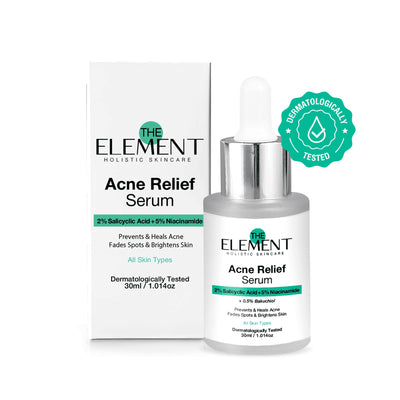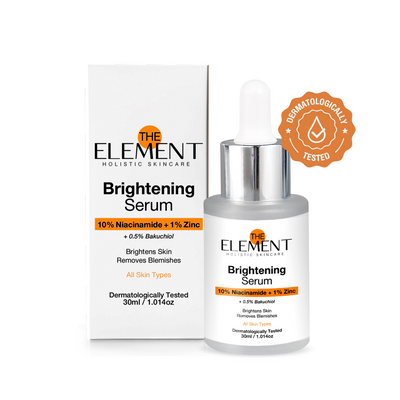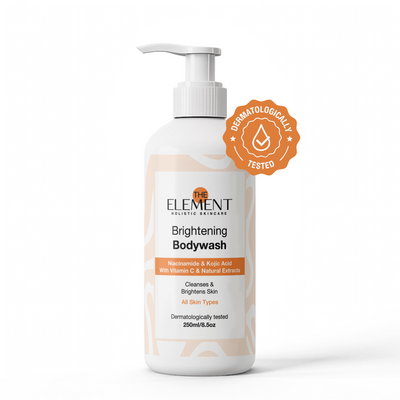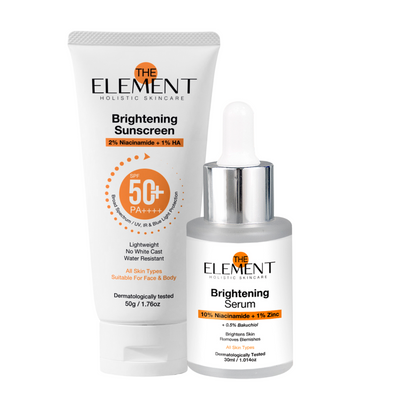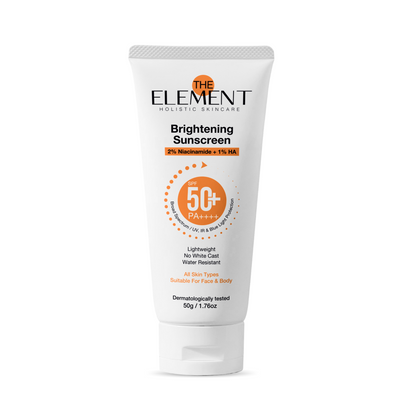The Best Sunscreen for Oily Skin: A Complete Guide to Choosing the Right Ingredients

Introduction: Why Sunscreen Is Essential for Oily Skin
Finding the best sunscreen for oily skin can feel like a challenge. Many sunscreens leave a greasy residue, clog pores, or make your face look shiny. However, skipping sunscreen is not an option. Sunscreen is a non-negotiable step in any skincare routine, protecting your skin from harmful UV rays, premature aging, and even skin cancer.
If you have oily skin, the key is to choose a sunscreen that offers broad-spectrum protection while being lightweight, non-comedogenic, and mattifying. In this guide, we’ll explore the best ingredients to look for, common challenges, and expert tips to help you find a good sunscreen for oily skin that works for you.
Benefits of Using Sunscreen for Oily Skin
Sunscreen is vital for all skin types, but for oily skin, it offers unique benefits:
- Prevents Sun Damage: UV rays can cause hyperpigmentation, fine lines, and wrinkles. Sunscreen acts as a shield, protecting your skin from these harmful effects.
- Reduces Acne Scarring: Oily skin is often prone to acne. Sunscreen prevents darkening of acne scars caused by sun exposure.
- Controls Sebum Production: Many sunscreens for oily skin are formulated with mattifying ingredients that help control excess oil.
- Prevents Premature Aging: Regular sunscreen use reduces the risk of photoaging, keeping your skin youthful and healthy.
Challenges of Finding the Best Sunscreen for Oily Skin
While sunscreen is essential, finding the right one for oily skin can be tricky. Here are some common challenges:
- Greasy Texture: Many sunscreens leave a heavy, greasy residue that can exacerbate oily skin.
- Clogged Pores: Thick formulations can block pores, leading to breakouts.
- Shiny Finish: Some sunscreens add an unwanted shine, making your skin look even oilier.
- White Cast: Mineral sunscreens often leave a white cast, which can be especially noticeable on darker skin tones.
The good news? These challenges can be avoided by choosing sunscreens with the right ingredients and formulations.
What to Look for in a Sunscreen for Oily Skin
When shopping for the best sunscreen for oily face, focus on the following:
1. Non-Comedogenic Formulas
- Look for sunscreens labeled as "non-comedogenic," meaning they won’t clog your pores. This is crucial for oily and acne-prone skin.
2. Lightweight and Mattifying Ingredients
- Opt for lightweight, gel-based, or water-based sunscreens. Ingredients like silica, niacinamide, and isododecane help absorb excess oil and provide a matte finish.
3. Broad-Spectrum Protection
- Ensure the sunscreen offers broad-spectrum protection against both UVA and UVB rays. Look for SPF 30 or higher for daily use.
4. Oil-Free Formulas
- Choose oil-free sunscreens to avoid adding extra shine to your skin.
5. Mineral vs. Chemical Sunscreens
- Mineral Sunscreens: Contain zinc oxide or titanium dioxide, which sit on the skin’s surface and reflect UV rays. They are ideal for sensitive skin but may leave a white cast.
- Chemical Sunscreens: Contain ingredients like avobenzone, octinoxate, or oxybenzone, which absorb UV rays. They are lightweight and blend easily but may irritate sensitive skin.
Key Ingredients to Look for in Sunscreen for Oily Skin
Dermatologists recommend the following ingredients for oily skin:
- Zinc Oxide and Titanium Dioxide: These mineral filters provide excellent sun protection without clogging pores.
- Niacinamide: Helps regulate sebum production and soothes inflammation.
- Hyaluronic Acid: Provides lightweight hydration without making your skin greasy.
- Silica: Absorbs excess oil and gives a matte finish.
- Green Tea Extract: Offers antioxidant protection and helps control oil production.
Expert Tips for Applying Sunscreen on Oily Skin
Dr. Priya Sharma, a board-certified dermatologist, shares her advice:
"The key to making sunscreen work for oily skin is proper application. Use a pea-sized amount and apply it evenly across your face. If you’re worried about shine, follow up with a mattifying powder or blotting paper."
Here are some additional tips:
- Apply Sunscreen Last: Sunscreen should be the final step in your skincare routine, applied after moisturizer.
- Reapply Every 2 Hours: Sunscreen wears off throughout the day, especially if you’re sweating or outdoors.
- Use a Powder Sunscreen for Touch-Ups: Powder sunscreens are great for reapplication without adding shine.
- Don’t Skip Sunscreen Indoors: UV rays can penetrate windows, so sunscreen is essential even when you’re inside.
Conclusion: Protect Your Skin Without the Shine
Finding the best sunscreen for oily skin doesn’t have to be overwhelming. By focusing on non-comedogenic, lightweight, and mattifying formulas with the right ingredients, you can protect your skin without clogging pores or adding shine. Remember, sunscreen is your skin’s best defense against sun damage, premature aging, and acne scars.
Start incorporating sunscreen into your daily routine today, and your skin will thank you in the long run. For more skincare tips and expert advice, explore our other articles on maintaining healthy, glowing skin.
FAQs About Sunscreen for Oily Skin
1. Can I skip moisturizer if I have oily skin and use sunscreen instead?
No, moisturizer and sunscreen serve different purposes. Use a lightweight, oil-free moisturizer before applying sunscreen.
2. How do I prevent sunscreen from making my face look shiny?
Choose a mattifying sunscreen with ingredients like silica or niacinamide. You can also use blotting papers or a setting powder to reduce shine.
3. Are mineral sunscreens better for oily skin?
Mineral sunscreens are great for sensitive skin and acne-prone skin, but they may leave a white cast. Look for tinted mineral sunscreens to avoid this issue.
4. How much sunscreen should I apply to my face?
Use about a nickel-sized amount for your face and neck. Ensure even coverage for maximum protection.
5. Can I use sunscreen with makeup?
Yes, many sunscreens are designed to work well under makeup. Look for lightweight, non-greasy formulas.
By following these tips and choosing the right sunscreen, you can enjoy healthy, protected skin without the extra shine.

